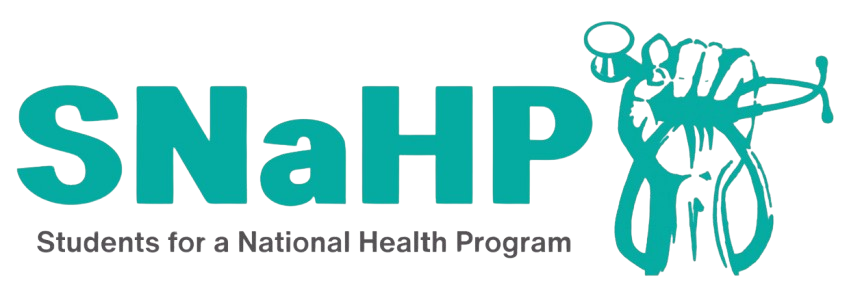April 5, 2019
March 13, 2019
February 13, 2019
December 9, 2018
September 14, 2018
August 15, 2018
August 15, 2018
